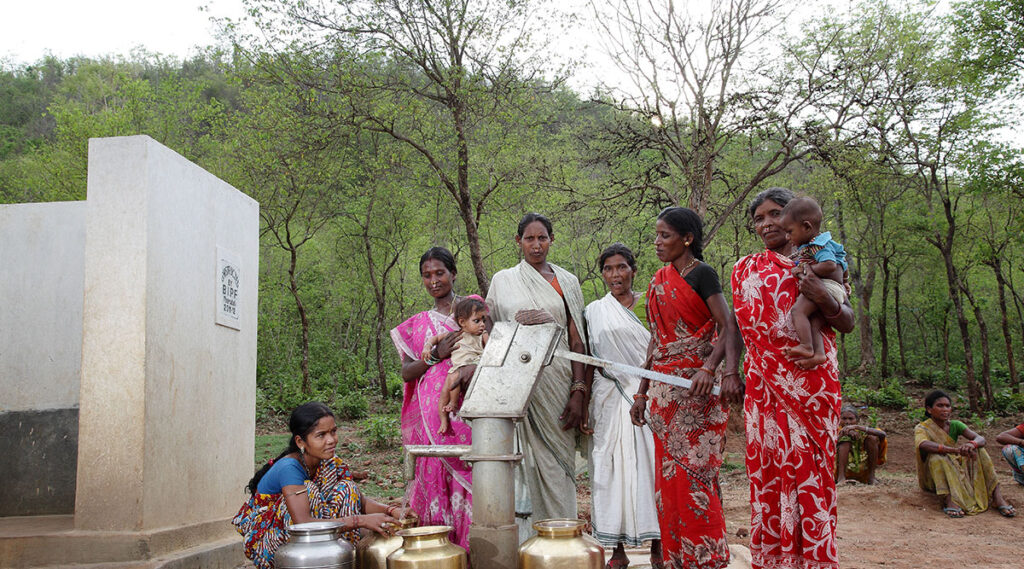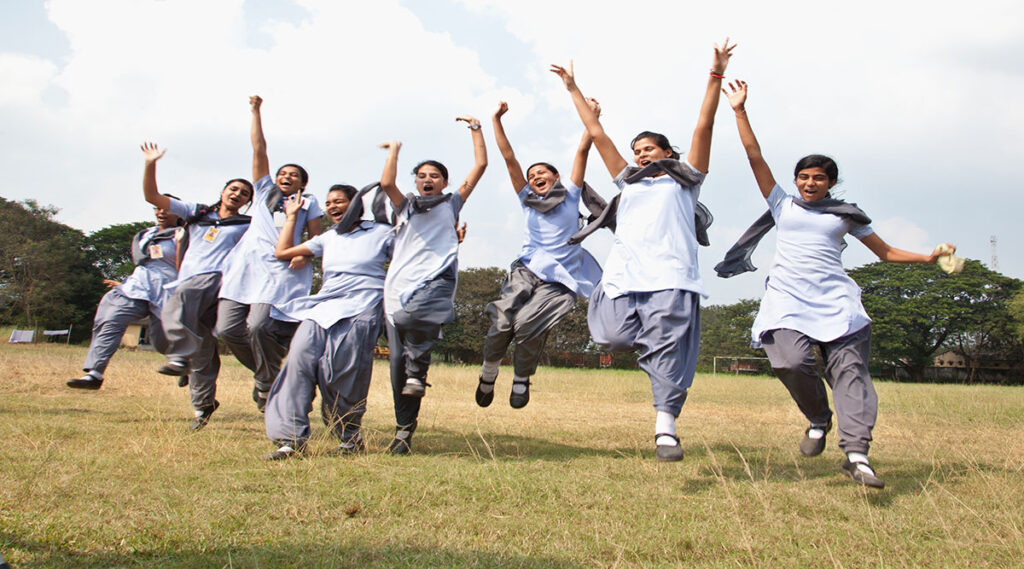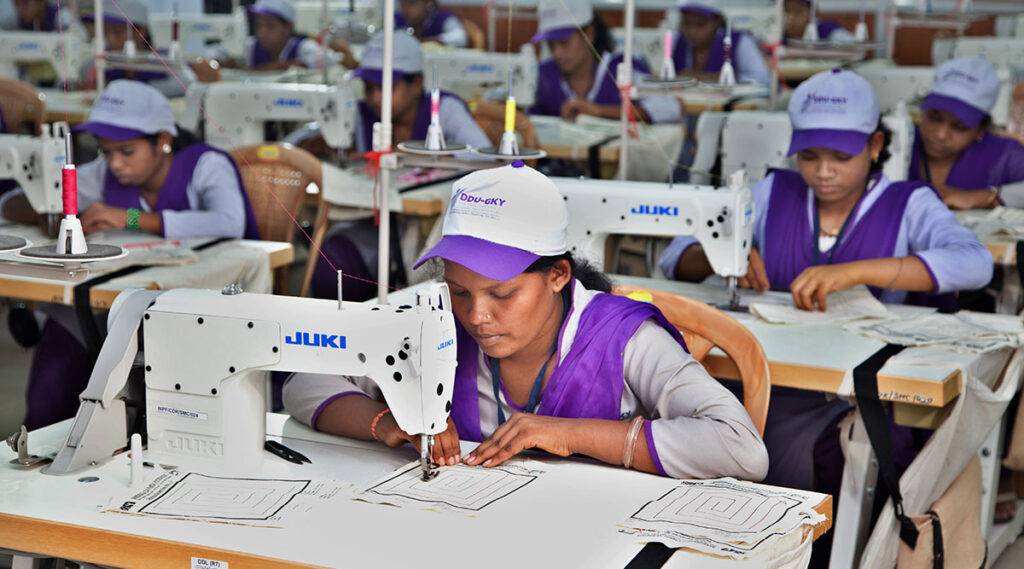“No business, big or small, in present Indian society, can run without spending on peripheral development and local patronage,” believes T C Hota, Executive Vice President, Bansidhar and Ila Panda Foundation (BIPF). He goes on to add that the allocation of funds for social responsibility should be decided by the corporate house instead.
A professional in management of CSR, energy management, mining acquisition and management of corporate legal systems, Mr. Hota was also a long time corporate representative to the Indo American Chamber of Commerce. He was also Convenor of the CSR Panel of Confederation of Indian Industries (CII), Odisha and First Trustee of the Odisha CSR Forum. At present, Mr. Hota also holds a professional position as a Senior Advisor at Indian Metals and Ferro Alloys Ltd (IMFA).
Culling from his 45 years of experience in the CSR sector, Hota talks about recent developments and his own vision in an exclusive interview with The CSR Journal.
Despite the new law mandating a CSR spend of 2% of pre-tax profit for corporations of a certain size, recent surveys reveal non-compliance by many. Why is that?
It is mostly lack of awareness about the provision of law and accounting system. No business, big or small, in present Indian society, can run without spending on peripheral development and local patronage. The spending may not be voluntary. However, there are also willful defaulters, which in my opinion is undesirable.
What are your views on the best allocation and distribution of funds for social responsibility?
The allocation should be decided by the corporate house and the best comes when the decision of allocation is done scientifically through social surveying and impact assessment that is free from external pressure.
Tell us about the journey of BIPF.
Our quest to spearhead holistic community transformation started back in 1961. In this year, the founder Dr. Bansidhar Panda, a renowned research scientist from the USA returned to India and chose Therubali, a remote outpost in the erstwhile undivided Koraput district of Orissa to embark upon his dream and established IMFA. Realising the changing dynamics of the world and urgency to bring inclusive sustainable growth, IMFA established Bansidhar & Ila Panda Foundation (BIPF) in 2011.
Which are the main areas the foundation focuses on?
Throughout IMFA’s journey of 57 years, the culture of the organization was ingrained with the founder’s desire to have a positive impact on society, which is reflected by the different initiatives taken by BIPF under Education, Skill, Basic Healthcare, Water & Sanitation and Infrastructure Development.
Through our initiatives, we aim at “enabling lives” of the marginalized communities around us through sustainable interventions. We strongly believe in engaging, educating and empowering them to enable socio-economic transformation.
 BIPF undertakes an array of initiatives in the areas of Health, Water & Sanitation, as we believe that recurring illness is a core concern for people living in poverty. Consequently, to break the cycle of poverty, it is imperative to provide them with both preventive awareness as well as basic treatment.
BIPF undertakes an array of initiatives in the areas of Health, Water & Sanitation, as we believe that recurring illness is a core concern for people living in poverty. Consequently, to break the cycle of poverty, it is imperative to provide them with both preventive awareness as well as basic treatment.
 The second broad area we cater to is Education, Skill and Livelihood. In both segments, major focus is given to awareness programs as changing the mind-set towards hygiene practices, gender equality and self-reliance is imperative for sustainable change.
The second broad area we cater to is Education, Skill and Livelihood. In both segments, major focus is given to awareness programs as changing the mind-set towards hygiene practices, gender equality and self-reliance is imperative for sustainable change.
Tell us about the CSR initiatives by BIPF and the impact of each one.
BIPF works in five districts of Odisha: Keonjhar, Jajpur, Angul, Rayagada & Cuttack, primarily focusing on the verticals of Health, Water & Sanitation, Education and Livelihood.
Project Arogyadhara:
– Addresses healthcare issues of communities by providing free medical consultation, medicines at our Dispensaries
– Organises periodic health camps and awareness programs on preventive measures
Impact: Since 2011, more than 20,631 villagers from remote villages of Jajpur, Cuttack, Keonjhar and Rayagada districts have benefited from health camps
Project Su-Swasthya
– Building infrastructure (toilets & clean water supply) in villages
– Behaviour Change Communication (BCC) & WASH practices
Impact: Decline in water-borne diseases and reduction in health-related expenses; greater willingness amongst villagers to build toilets
Project Adhyayan
– English medium CBSE school Chinmaya Vidhyalaya Therubali in Rayagada district
– Building infrastructure for tribal schools in Keonjhar and Jajpur
– Prof. Ghanashyam Das Scholarships for higher education
Impact: Around 39,507 students from 118 schools are being supported in districts of Rayagada, Cuttack and Jajpur
Project Sakshyam – Unnati and Yuva-Sakshyam
– Promotes Livelihood by empowering both women and youth through Self Help Groups (SHGs) and skill development programmes, respectively
Impact: Greater social and financial empowerment resulting in overall family and community well-being; sustainable livelihood for youth through skill development leading to overall economic growth.

